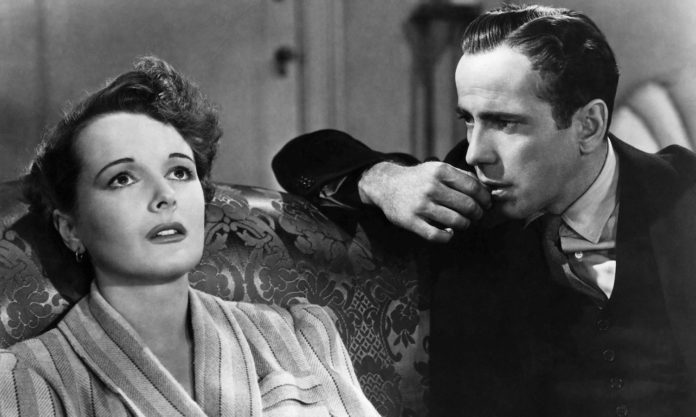In a post on the Killzone blog, James Scott Bell says that it’s important for your characters to have moral character. “Character doesn’t come naturally,” he says. “And if you’re going to succeed in life, you gotta have it. So does your protagonist.”
As an example, Bell cites Maltese Falcon hero Sam Spade, who is tempted to run away with the femme fatale, but instead turns her in to the police for murdering his partner. Why? Because partners find justice for each other, regardless of other feelings.
Whether you’ve considered it or not, your characters already have a moral character. There are lines they won’t cross, no matter how deep their trouble gets. Even your anti-heroes, antagonists, and villains have it. If you have a hard time believing that villains have moral character, think of it as a code. There are rules, even if their rules are unpalatable to the rest of us.
Exploring this moral code and forcing your character to articulate and defend it is a great way to create drama and conflict in your story. This is another method for creating tension when your story doesn’t lend itself to action.
In his workshops, Bell recommends that his students answer these questions about their protagonist:
- What is one thing they’d die for?
- What would they have tattooed on their arm?
- Who do they care about before the story begins? Why do they care?
- What duty will they perform, even if they don’t want to?
In contrast, ask what would happen if your protagonist lacks character at a key moment. How does their moral failing impact their character, relationships, and success?












